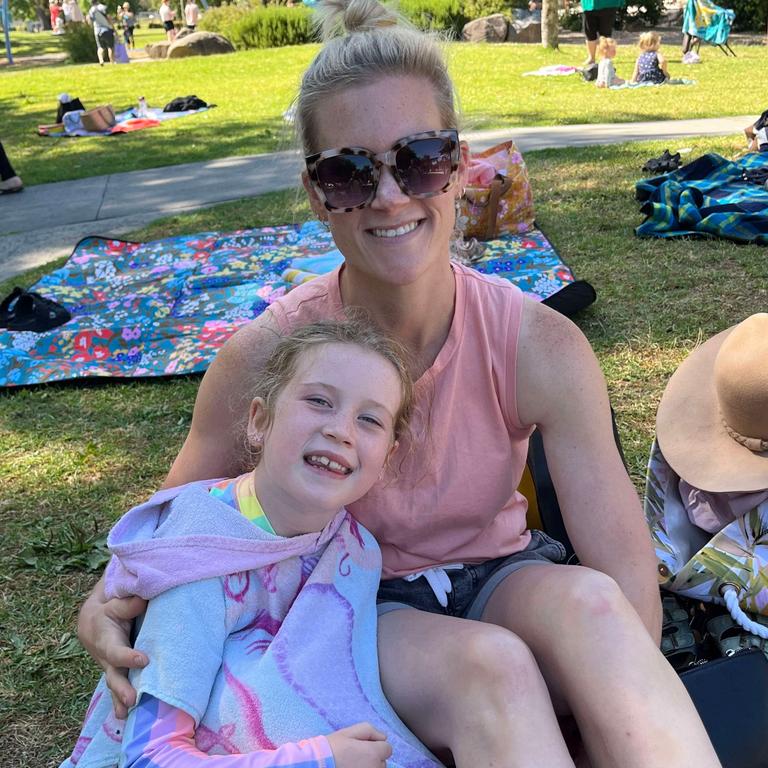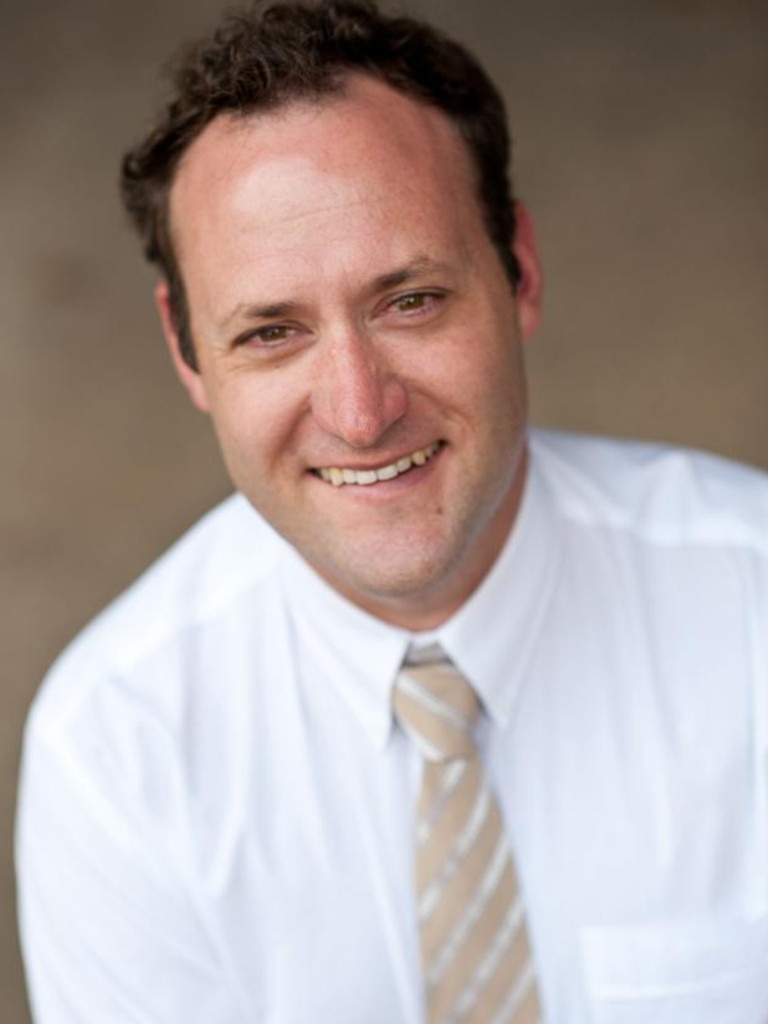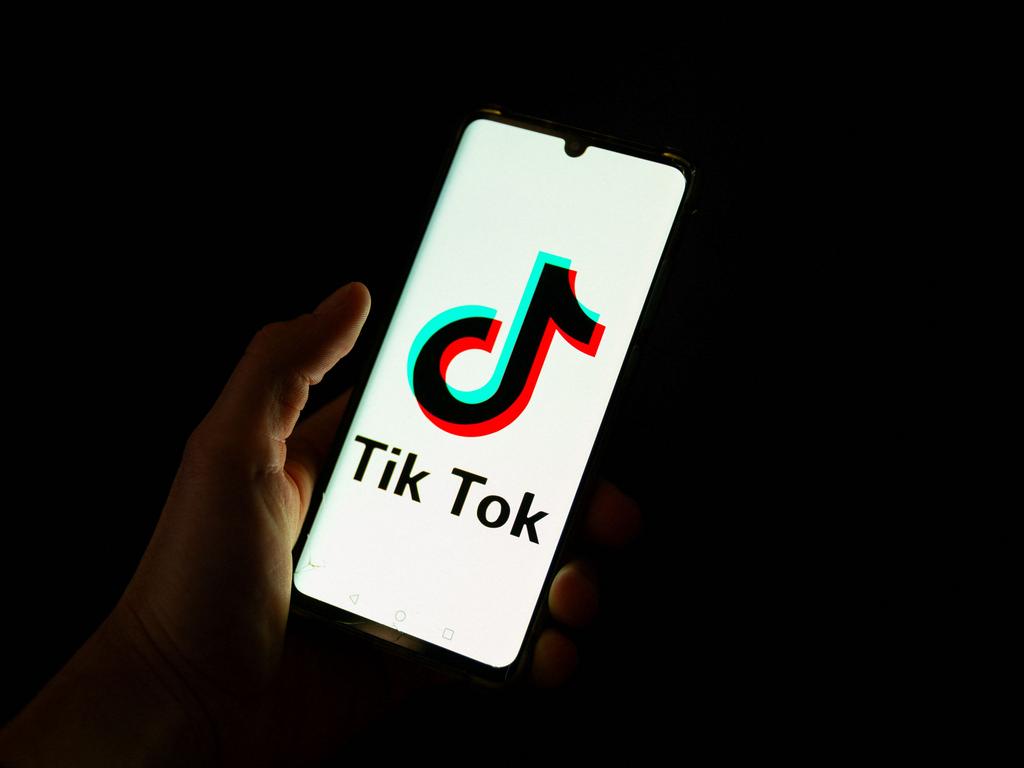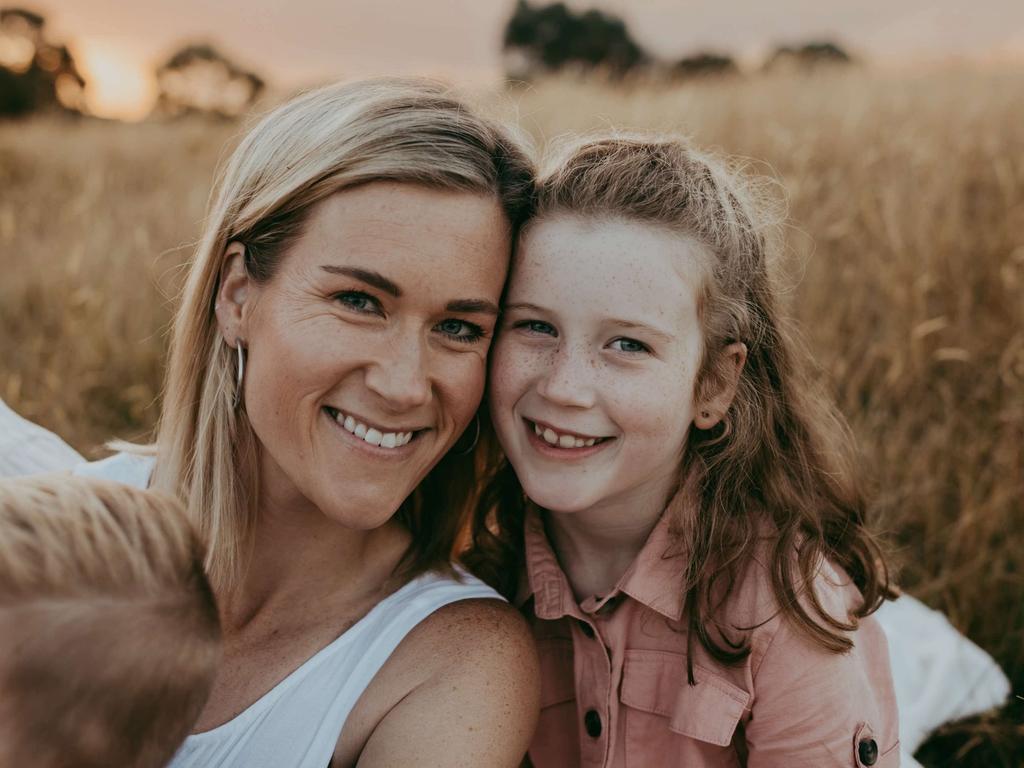‘It’s not an excuse’: 1 in 20 Australian adults diagnosed with ADHD
It’s on track to become the most common mental health condition in the world – but there’s one thing we’re all getting wrong about the rise of ADHD.
It’s on track to become the most common mental health condition in the world – but there’s one thing we’re all getting wrong about the rise of ADHD.
One in 10 Australians now identify as neurodivergent, according to Body+Soul’s Health of the Nation report – a comprehensive, independent survey of the food, fitness and health habits of more than 3000 Aussies of all ages.
Of those, one in 20 adults have been diagnosed with attention-deficit hyperactivity disorder (ADHD). Gen Z (those born between 1995 and 2012) were most likely to identify as neurodivergent at 17 per cent, compared to just one per cent of Baby Boomers (those born between 1946 and 1964).
The statistics echo global estimates that ADHD – characterised by prolonged patterns of concentration, attention and impulse control difficulties that impact everyday life – could now affect 366 million adults alone worldwide.
Head of Pearson Clinical Assessment ANZ and cognitive scientist Mimma Mason puts this rise in formal diagnoses – both at home and abroad – down to “a correction of decades of under diagnosis, rather than a sign of an actual increase in the prevalence of ADHD”.
“Diagnoses are on the rise because we know so much more about ADHD now,” Ms Mason told news.com.au.
“The more people learn about the symptoms of ADHD, the more they are seeking confirmation or diagnosis.”
The condition also impacts 36 per cent – nearly two in five – Aussie children; among them, Jessica Daniel’s 12-year-old daughter, Piper.
“From her birth, looking back in hindsight, you can see the craziness of just not that typical baby,” Ms Daniel told news.com.au.
Instead of the tantrums typified by the “terrible twos and three-nager” stages, Piper “was having full-blown meltdowns that would go on for a long, long time”.
“Mother’s instinct” told Ms Daniel something more was going on. Within a year, a behavioural pediatrician had diagnosed Piper with ADHD “literally on the spot”.

There are no definitive markers of or test for ADHD. In Australia, it must be diagnosed by a psychologist, psychiatrist or, in the case of children, pediatrician – though increasingly, general and nurse practitioners who have undergone additional training are also allowed to do so – who carry out a formal clinical interview.
Questions are reliant on the prevalence of symptoms listed in the Diagnostic and Statistical Manual of Mental Disorders (DSM-5). A child must display at least six traits to be diagnosed; for adults, it’s five.
We all sometimes display the behavioural characteristics of ADHD, director of research at the Turner Institute for Brain and Mental Health in Melbourne, co-founder of AADPA, and Monash University Professor of Cognitive Neuroscience Mark Bellgrove told news.com.au. Even more so in 2025, Professor Bellgrove said, when “our attention is constantly divided between things – you’re meant to be paying attention to a conversation but you’re habitually checking your phone for the latest updates or the latest TikTok”.
That the quality of our interactions or what we’re engaging in is diluted, he added, is therefore “inevitable”.
It is something Ms Mason agreed with.
“There may certainly be a rise in inattentiveness via the way we are training our attention with social media and the way we process online information, but that is not necessarily ADHD,” she said.


One in three Health of the Nation respondents who identify as neurodivergent have not been formally diagnosed, saying instead that they “self-identify” with a condition such as ADHD.
The “critical difference” between simply forgetting your keys or finding it difficult to focus and ADHD, Professor Bellgrove said, “is that those symptoms have to be having a functional impact” – a distinction that can’t be made from a questionnaire alone.
“So if I’m a little bit inattentive but it’s not really causing me any distress – not impacting my life, not impacting my work, not impacting my relationships in adulthood – then I wouldn’t meet the diagnosis for ADHD, because the symptoms aren’t impairing me,” he said.
“That’s the primary distinction between traits that can exist and vary in the normal population, and then disorder, which is the extreme end.”

For the Daniel family, the greater awareness – and therefore diagnosis – of ADHD has been a double-edged sword. It has fostered widespread community support for neurodivergent Australians, which is “amazing, because knowledge is power”, Ms Daniel said.
Piper’s experience made it easier for her to provide her two sons “with the help they needed from a bit earlier on” when they were also found to be neurodivergent.
Most significantly of all, it led to her own diagnosis, Ms Daniel said, meaning “I can actually connect with Piper – I can share our special brain together … and have her know that I truly do understand what she’s going through”.

Yet with the increased prevalence of the condition comes the feeling of “constantly having to justify that it’s not being over diagnosed”.
“It’s not just a label. It’s not an excuse. It’s not an excuse for bad parenting. It’s not an excuse for kids getting away with things or being disruptive or being lazy,” Ms Daniel said.
“It is a real condition that affects families so greatly that no one could ever truly understand unless they were a fly on the wall in your home … I actually call it traumatic. It is a kind of trauma.
“That might sound dramatic, but when they don’t sleep, they’re up through the night screaming, provoking siblings, being so disrespectful – and it’s truly not a behavioural thing, they truly cannot cope with the overwhelm, the feelings that they’re feeling, the brain just not ever slowing down.
“It’s changed our lives in every way, because we have to do so much extra parenting and extra work and self work too, as parents, to control our own emotions. We’re constantly having to advocate, and we don’t want to be doing this. We definitely do not want to do this. We want our kids to be thriving in school and life. But unfortunately, it’s not that easy.”
Given ADHD remains highly stigmatised, Prof Bellgrove said it’s detrimental that Australians understand that “people coming forward for diagnosis – they’re doing it because they need help”.

Access to affordable care and treatment, whether that be by medication or psychological care – the two primary means of managing ADHD – is therefore imperative.
Like with most mental health conditions, however, “natural equity issues” arise, Prof Bellgrove said.
Twenty-seven per cent of Health of the Nation respondents said they’d easily been able to access follow-up treatment or support post-diagnosis; 23 per cent had but with some difficulty, while 19 per cent said they had been unable to access any help. Most respondents (28 per cent) said they did not seek treatment or support at all.
“If you’re in regional Australia, you’re going to have much poorer access to care,” Prof Bellgrove said.
“We also know that the cost of seeking treatment is a problem, because (ADHD) is not dealt with in the public health system. Adults need to seek a private clinician – so of course, there’s out-of-pocket costs there. And again, if it is only people who can afford to have that appointment, then that creates an equity issue as well, regarding access.
“These things are all big issues and will remain big issues until we have more clinicians who are trained and have different disciplines that are able to get involved in diagnosis and treatment.”
Body+Soul has teamed up with Laura Henshaw and Steph Claire Smith’s Kic to offer readers who sign up before March 3 four weeks free access to the app. On top of access to the entire app’s offering, Kic has created a bespoke Health of the Nation challenge, consisting of three weekly workouts that range from five to 20 minutes.






